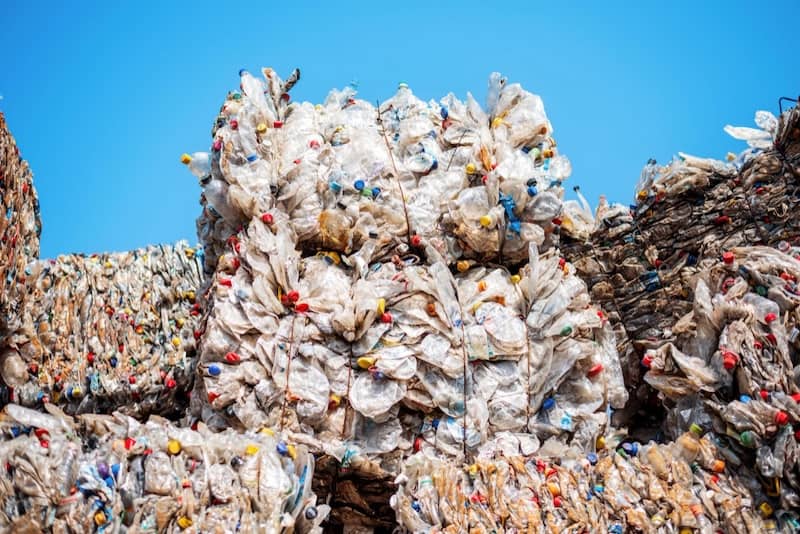What is Corporate Social Responsibility?
Commonly known by the acronym CSR, a company’s corporate social responsibility encompasses self-regulated efforts to benefit society and the environment. CSR policies help a company abide by its personal ethics. Policies might include:
- Donating a percentage of proceeds to charity.
- Managing greenhouse gas emissions.
- Celebrating diversity and contributing to education for the underprivileged.
An applicable Corporate Social Responsibility policy benefits society and the brand’s reputation.
ESG vs. CSR
The Environment, Society, and Governance score (ESG) is often confused with CSR. While CSR policies help businesses stay accountable to society and the environment, ESG quantifies a business’s efforts in these areas. Committing resources to CSR projects boosts a company’s ESG score.
Recently, shareholders and investors have become more interested in ESG scores combined with the potential return on investment when deciding which stocks to buy. Shareholders want to know they are supporting accountable organizations working to make the world a better place.
Recycling as a CSR Policy
Recycling features in CSR efforts throughout the world. Like many sustainability efforts, one industry or factory creates much more waste in a few days than many people do in their entire lifetimes. Managing this waste in a sustainable manner saves the planet. CSR recycling efforts revolve around the two main factors:
- The source material a company uses to produce their product.
- The outputs or final products a company delivers to society.
Using second life resources to produce a product saves natural resources and helps build the recycling market. Creating recyclable goods reduces junk in landfills and motivates consumers to buy a company’s products. Some companies have begun looking for circular economy products by producing goods that they can recycle back into their own product line.
Let’s take a look at how real-world CSR efforts focus on recycling. The different ways companies join with recycling efforts may help you consider how your own company might incorporate recycling into your CSR policies and goals.
Apple
Apple faces an incredible challenge when it comes to recycling its iPhones and other hardware. Manufacturers use as many as 46 different elements to build a single phone, the main contributors being aluminum, iron, lithium, gold, and copper. For a long time, Apple shredded phones into eWaste, which had little value as a recycled material.
As part of a CSR Project in 2016, Apple introduced a robot named Liam. Liam’s 29 arms can dismantle an iPhone into its separate parts in an astounding 11 seconds. At this speed, Apple states that Liam can “disassemble 1.2 million iPhone 6 units per year.” The distinct materials are melted down and recycled into raw materials. This innovation showed Apple claiming responsibility for its products’ entire lifecycle.
TigerTurf
TigerTurf, a worldwide sports surface creator, tackles product recycling from the opposite angle. Unlike iPhones, artificial turfs last up to 20 years of full-time use.
So to fulfill their recycling goal, TigerTurf’s business model revolves around using end-of-life tires as the raw material for many of their sports surfaces and landscaping work. Tire shredding companies reduce old tires into crumb rubber.
TigerTurf buys crumb rubber for their manufacturers. This relationship allows the natural resource of rubber to live two long lives—one as a tire on the road and then a second as a sports field.
Government-funded projects often require artificial turfs, for example, schools, city stadiums, and public parks. These entities like to do business with organizations that also have society’s best interests in mind and demonstrate it in their product line and manufacturing process.
Tigerturf’s association with tire recycling efforts increases its compatibility with government-sponsored projects. In the end, their CSR commitment to creating sustainably sourced turfs creates a win-win for their business growth and the planet.
Are CSR recycling policies financially sustainable?
iPhone dismantling robots and shredded tire turfs sound fantastic, but shrewd investors might wonder whether they are worth all of the fuss. Not all business models need to be non-profit charities, after all.
Many businesses function on tiny margins, with little revenue leftover. To do good for society, your corporation needs to remain afloat and profitable. It is fair and worthwhile to ensure your Corporate Society Responsibility projects are well within your means. CSR is there to help you take responsibility for your actions, not fix everyone else’s blunders.
With that in mind, some easy and affordable examples of recycling efforts include:
- Placing recycling bins in an office building
- Delivering products in paper bags or reusable bags instead of non-recyclable soft plastic.
- Educating employees and customers on sustainable ways to dispose of products.
While some recycling efforts require vast stores of resources and time, many recycling policies are inexpensive and can even save money. In today’s world of dumping fees and waste regulations, recycling can help reduce monthly bills. Additionally, increasing your ESG score attracts investors, another bonus. Partnering with local recycling companies to source materials offers simpler supply chains that are better for the environment. In the end, every business should be in the recycling business. It’s the best way to stay in the loop.




